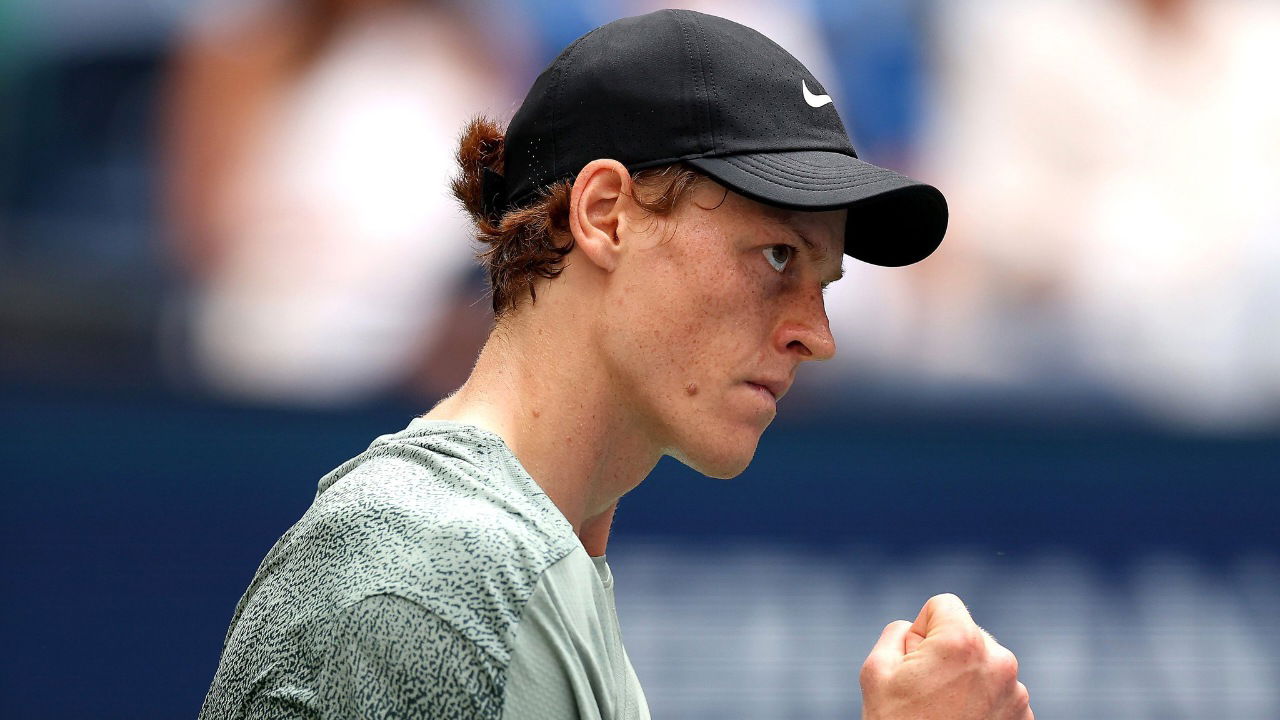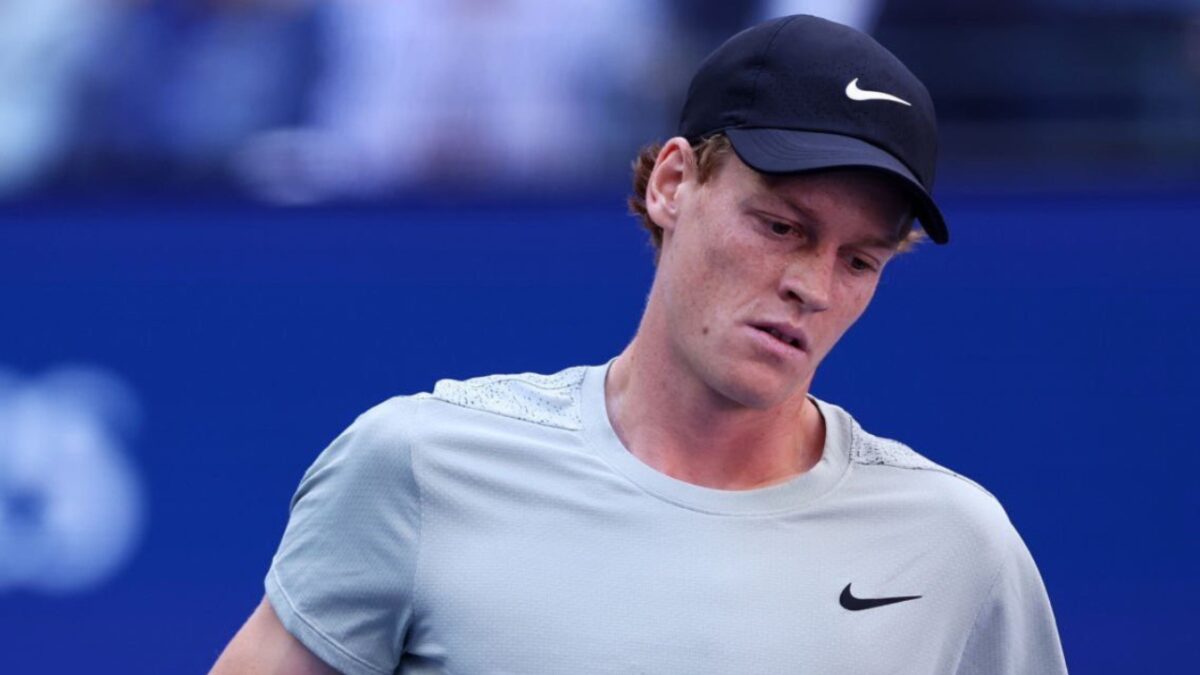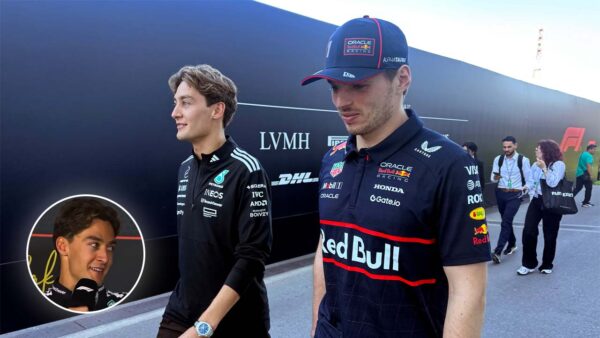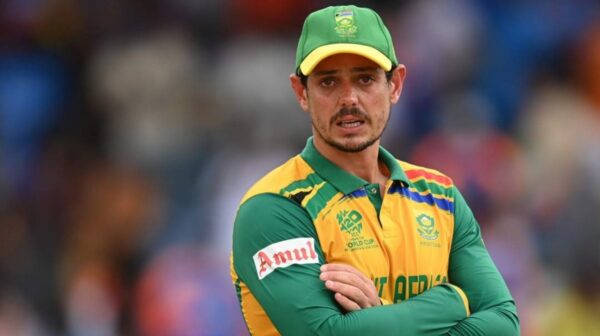Argentina’s Davis Cup captain slams ‘suspicious’ anti-doping system for ‘inconsistent’ procedure in Jannik Sinner’s doping case
The WADA, after reaching a case resolution with Jannik Sinner, handed him a three-month ban, which will lift on May 4.

Jannik Sinner (Image via X/The Tennis Podcast)
🔍 Explore this post with:
Jannik Sinner is serving his three-month doping ban and will make his return at the Italian Open as his ban lifts on May 4 and his home tournament starts on May 7. For Argentina’s Davis Cup captain Javier Frana, Sinner is not a cheater. But what he’s against is the procedure the anti-doping agencies followed in Sinner’s doping case.
Sinner failed the doping tests twice in March last year as clostebol was found in his body. The banned anabolic steroid contaminated him during physiotherapy sessions as his former physio Giacomo Naldi was using a spray containing clostebol. The International Anti-Doping Agency gave a no-fault or negligence verdict, not handing him a lengthy ban.
The World Anti-Doping Agency (WADA) questioned the verdict and demanded before the Court of Arbitration for Sport (CAS) that a ban of between one and two years should be imposed on the World No.1. Frana thinks the procedure the anti-doping agencies followed have been “inconsistent” because several players in the past have handed lengthy suspensions despite accidental contamination.
The issue is that there were other cases where things were handled differently, and that’s the hardest part to understand. Sinner sometimes carries that burden. Not that he intended to cheat and they erased that intent, but because the procedures were handled in a way that’s not typically done. This makes the whole system suspicious. Tomorrow it might be your turn, and you don’t know if you’re being judged fairly.
Javier Frana told Clay Tenis
The WADA, just a few months before the scheduled CAS hearing, reached a settlement agreement with the 23-year-old and handed him only a three-month ban, further adding fuel to the fire. Critics argued that WADA too succumbed to pressure because of Sinner’s high-profile status.
Marco Panichi reveals what sets Jannik Sinner apart from every player on the tour
Jannik Sinner‘s fitness coach Marco Panichi thinks the youngster has the physique of a decathlete as he has “coordination, stamina, and neurovegetative aspect” and thinks his genes were the reason behind his strong and consistent performances. But Sinner is also known for his composure even during tense moments and Panichi thinks his ability to remain calm is his biggest strength.

From my point of view, his most extraordinary talent is the management of situations, whether it’s a training session or a very tense match: he has an operational calm, in the moments that count, that is rare. Mind and body are an integrated system: when one pulls him down, the other pushes him up.
Marco Panichi told Corriere della Sera
Sinner has so far lifted one title this season. In the Australian Open final, he secured a straight-set win over World No.2 Alexander Zverev to take home his career’s third Grand Slam title.
Sinner will be making his comeback post the doping ban on a surface where he has lifted just one title in his career. The lone victory on clay came at the 2022 Umag Open.
Last year on the clay swing, Sinner played three tournaments, where he advanced to two semifinals (in Monte Carlo and Paris). He suffered a five-set defeat against eventual champion Carlos Alcaraz in the French Open semifinal. Sinner has skipped the Italian Open due to injury issues.
Despite his three-month doping ban, he won’t be losing his No.1 ranking to either Alcaraz or Zverev. Alcaraz was inconsistent since his Rotterdam Open victory, while the German failed to clinch more than two wins in the six tournaments he played since losing the Australian Open final to Sinner.
He recently lost to Matteo Berrettini in the second round of the Monte Carlo Masters. If Alcaraz ends up winning the tournament for the first time in his career, he will replace Zverev as the World No.2 player.







